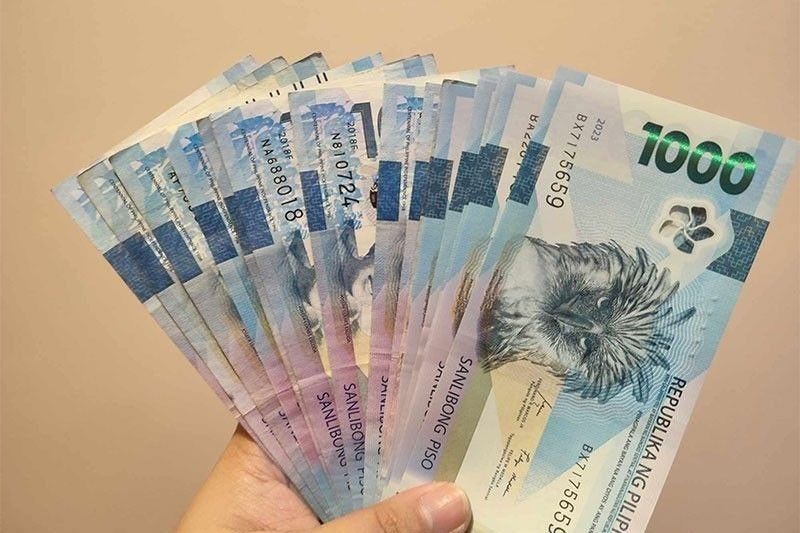Philippines moves closer to exiting FATF gray list

MANILA, Philippines — The Philippines may finally exit the global dirty money gray list early next year as the country is now up for verification of its reforms to address money laundering and terrorist and proliferation financing.
In a hybrid briefing late Friday night, the Paris-based Financial Action Task Force (FATF) said the Philippines has remained on the gray list, a status that it has held since June 2021.
While the Philippines stays on the gray list for now, FATF president Elisa de Anda Madrazo said the country has substantially completed its action plan.
“We are very happy to report and for me to share with you that this week, the plenary examined the progress of the Philippines and consider that the Philippines has indeed substantially completed the action plan,” Madrazo said.
When a country is on a gray list, there is a need to draft an action plan containing certain items that must be addressed.
Now, Madrazo said that the FATF would have to conduct an on-site assessment to verify that the implementation of anti-money laundering/combating the financing of terrorism (AML/CFT) reforms has begun and is being sustained.
The FATF will also have to confirm that the necessary political commitment remains in place to sustain its implementation in the future.
Madrazo said the on-site visit is expected to take place between now and February 2025.
“An on-site visit means that a group of experts go into the country to verify the progress that it has made so that the FATF can decide whether to remove it from the gray list or not,” Madrazo said.
“We will expect an answer on this in February 2025,” she said.
As the Philippines moves closer to exiting the gray list, the FATF chief noted that the country is another example of the positive impact that the process can have on a certain economy.
“With billions of dollars flowing into the country annually and the sheer volume of cross-border transactions, the progress made by the Philippines will have a huge impact on the security of the international financial system,” Madrazo said.
According to the FATF, the Philippines has made key reforms, such as demonstrating that risk-based supervision of designated non-financial businesses and professions is occurring and that supervisors are using AML/CFT controls to mitigate risks associated with casino junkets.
It also mentioned that the Philippines implemented new registration requirements for money or value transfer services, applied sanctions to unregistered and illegal remittance operators, and enhanced and streamlined law enforcement agencies’ access to information.
Further, the FATF noted that the Philippines demonstrated an increased use of financial intelligence and an increase in money laundering investigations and prosecutions in line with risk, as well as in the identification, investigation and prosecution of terrorist financing cases.
Moreover, the country demonstrated that appropriate measures are taken concerning non-profit organizations without disrupting their legitimate activities and enhanced the effectiveness of the targeted financial sanctions framework for both terrorist financing and proliferation financing.
- Latest
- Trending
































